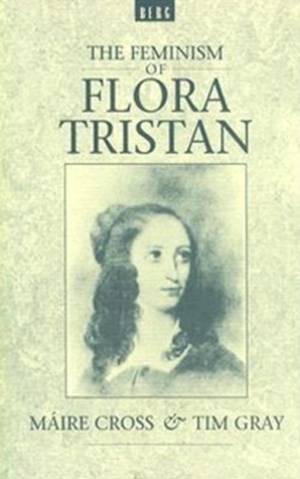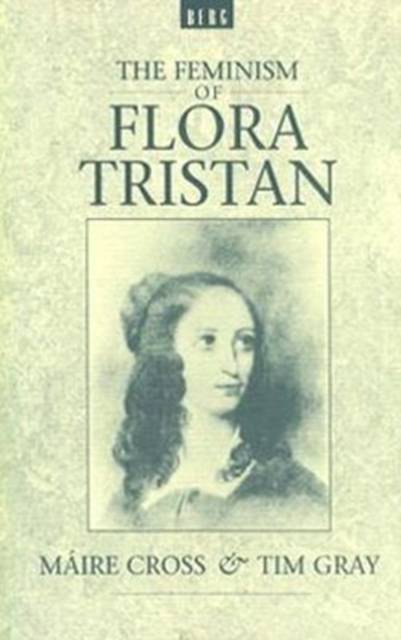
- Afhalen na 1 uur in een winkel met voorraad
- Gratis thuislevering in België vanaf € 30
- Ruim aanbod met 7 miljoen producten
- Afhalen na 1 uur in een winkel met voorraad
- Gratis thuislevering in België vanaf € 30
- Ruim aanbod met 7 miljoen producten
Zoeken
Omschrijving
Flora Tristan was a most remarkable woman. Born at the begining of the 19th century, her short life was packed with adventure and achievement. An illegitimate child, she had a disastrous marriage to a husband who tried to kill her. In vain pursuit of her rightful inheritance, she sailed unchaperoned across the perilous Atlantic to Peru. Returning to France, she became a socialist, and feminist, and commited herself to a life of political radicalism. She recognized that until the economic conditions of the poor were alleviated there was little prospect of female emancipation. Her strategy was to establish a union of workers throughout France to press for socialist measures. However, linking the feminist cause to socialism proved to be fraught with difficulty. Flora Tristan found that working class organizations were indifferent, and even hostile, to the idea of female equality. In short, Flora Tristan exemplifies in her life and work, both the history of feminism, in its phases of optimism, realism and dissillusion, and the tensions between feminism and socialism.
Specificaties
Betrokkenen
- Auteur(s):
- Uitgeverij:
Inhoud
- Aantal bladzijden:
- 256
- Taal:
- Engels
Eigenschappen
- Productcode (EAN):
- 9780854967315
- Verschijningsdatum:
- 1/01/1992
- Uitvoering:
- Hardcover
- Formaat:
- Genaaid
- Afmetingen:
- 144 mm x 222 mm
- Gewicht:
- 272 g

Alleen bij Standaard Boekhandel
+ 440 punten op je klantenkaart van Standaard Boekhandel
Beoordelingen
We publiceren alleen reviews die voldoen aan de voorwaarden voor reviews. Bekijk onze voorwaarden voor reviews.











